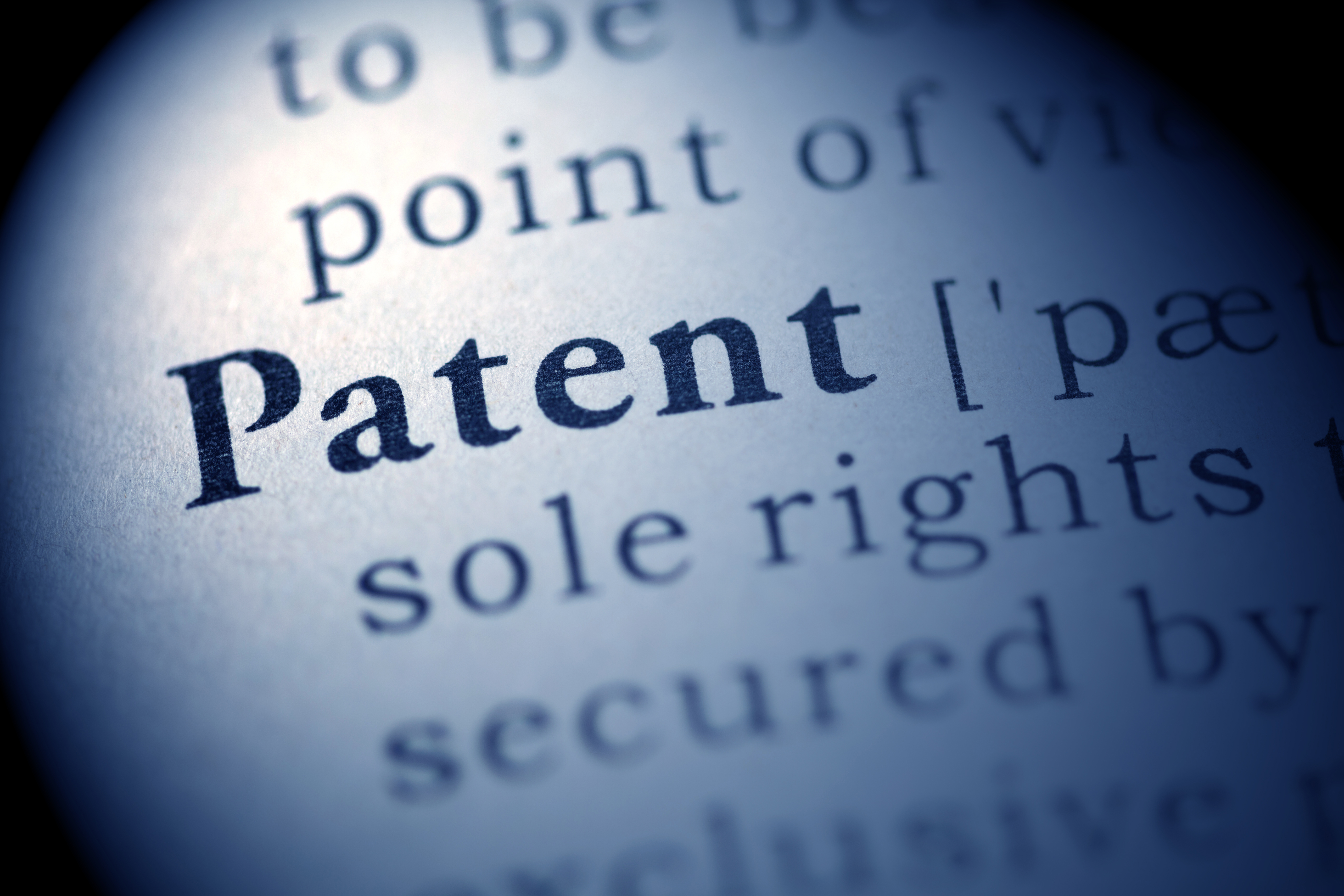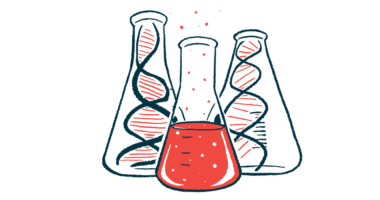XTL Files New Patent Application for Lupus Therapy Low-dose hCDR1

XTL Biopharmaceuticals has filed a new U.S. patent application to protect doses of hCDR1 lower than 0.5 mg per week to treat systemic lupus erythematosus (SLE).
XTL is a clinical-stage biotech that develops products for the treatment of autoimmune diseases like lupus. The company’s lead drug candidate, hCDR1 has a robust clinical profile backed by data from three clinical trials, including 400 patients and more than 200 preclinical studies, with data published in over 40 peer-reviewed scientific journals. The product has a unique mechanism of action that has been demonstrated to be well tolerated by patients.
The new patent application is based on a Phase 2 clinical trial evaluating hCDR1 in the treatment of SLE, the details of which have been reported by Lupus News Today. The 26-week, double-blind, placebo-controlled trial explored the safety and efficacy of hCDR1, comparing two different doses of the drug with a placebo, evaluating the proportion of patients that achieve a beneficial response in at least one organ system after 26 weeks of treatment.
The new patent application is based on the clinical evidence that lower doses of hCDR1 may be as efficient if not more efficient than the higher doses previously tested in other SLE treatments. The lower doses may improve outcomes in patients when administered alone or when used as a combination therapy in addition to standard of care.
Better outcomes might include the potential to control disease activity in patients who do or do not require steroids. For those who do, an hCDR1 combination therapy might decrease the amount of steroids needed to control SLE.
“We are pleased to expand the intellectual property assets around hCDR1, based on clinical data showing hCDR1 may be effective at doses lower than the 0.5 mg weekly, which has shown statistically significant efficacy as compared to placebo in a prior Phase 2 study,” XTL CEO Josh Levine said in a press release.
“While, as a new chemical entity, hCDR1 already will be entitled to data exclusivity, this patent application adds to a robust and growing portfolio of applications and issued patents in key markets around the world,” he said.






